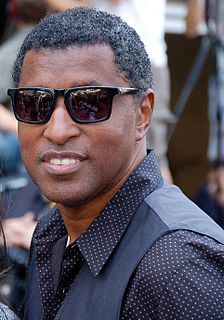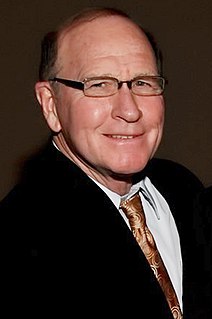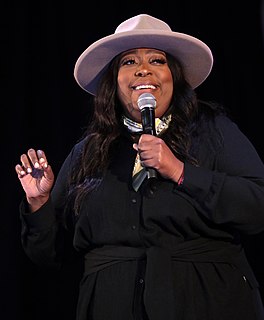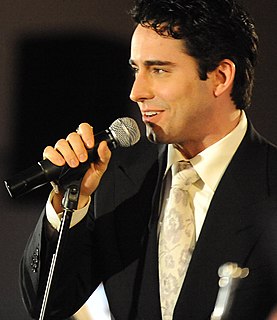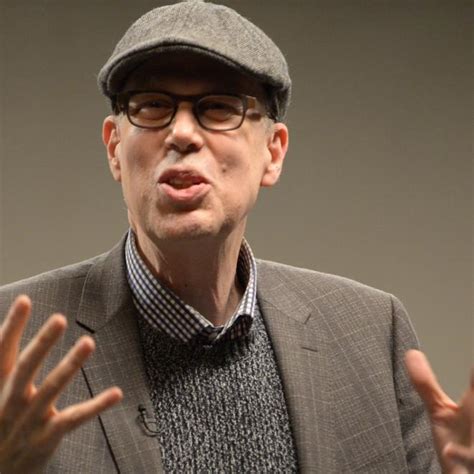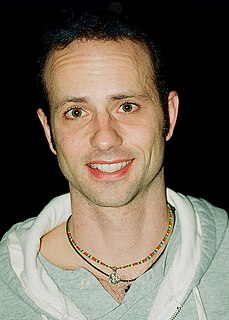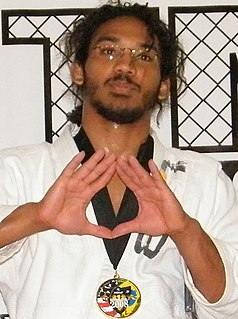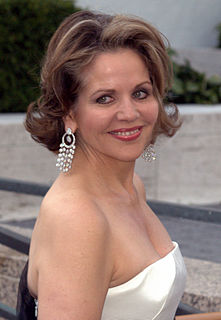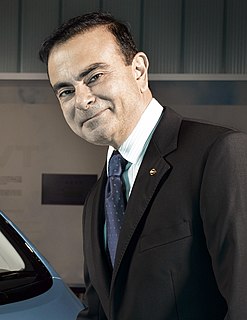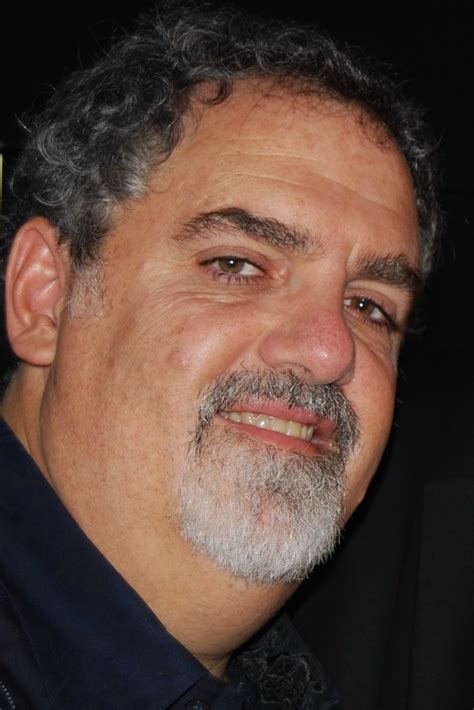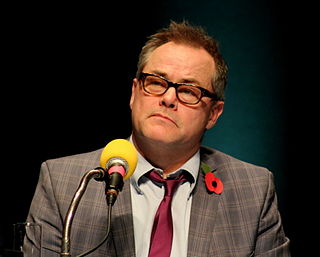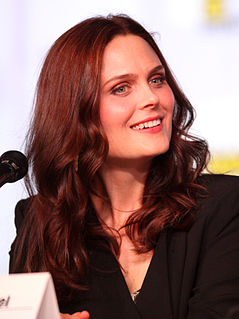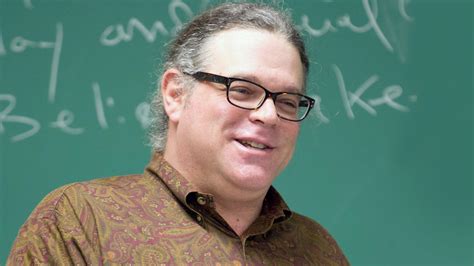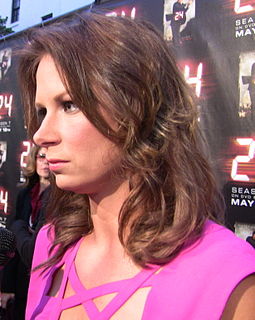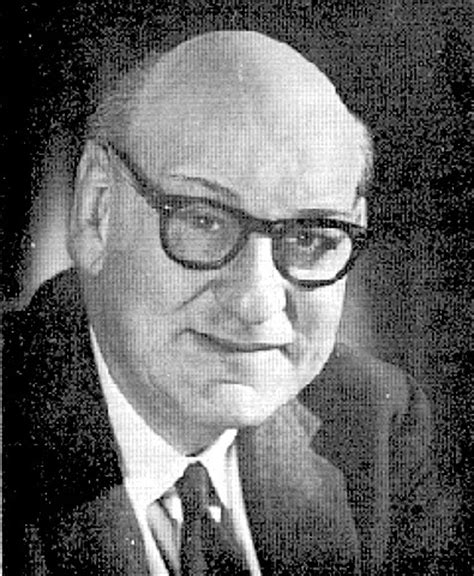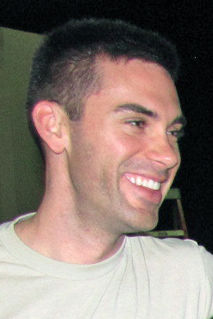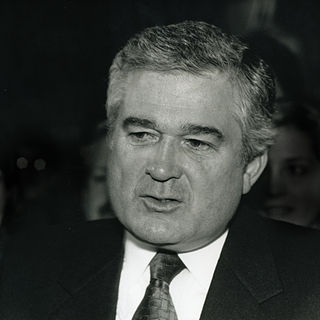Top 1200 Great Performance Quotes & Sayings - Page 6
Explore popular Great Performance quotes.
Last updated on December 19, 2024.
The director is the most important because, ultimately, as an actor, when you watch a movie, it looks like an actor is giving a performance, and they kind of are. But, what's actually happening is that an actor has given a bunch of ingredients over to a director, who then constructs a performance. That's movie-making.
A demanding performance challenge tends to create a Team. In any situation requiring a combination of multiple skills, experiences and judgments, a team inevitably gets better results than a collection of individuals. Teams provide the kind of responsiveness, speed, on-line customization and quality that is beyond the reach of individual performance.
So much depends upon our willingness to make up our minds, collectively and individually, that present levels of performance are not acceptable, either to ourselves or to the Lord. In saying that, I am not calling for flashy, temporary differences in our performance levels, but a quiet resolve to do a better job, to lengthen our stride.
Being the free woman who is sexy and out there is a performance in a way, and being the stay-at-home mom and wife is a performance in itself. All of those performances are living and force you to make decisions about who you really are. Women have to put those performances ahead of things sometimes. Men aren't perceived in the same way.
To summarize, using money to motivate people can be a double-edged sword. For tasks that require cognitive ability, low to moderate performance-based incentives can help. But when the incentive level is very high, it can command too much attention and thereby distract the person’s mind with thoughts about the reward. This can create stress and ultimately reduce the level of performance.
A good or great performance is like peeling an onion; in every scene you reveal another layer, something the audience hasn't seen until then. They stay involved because they are constantly learning about and discovering the character they are watching. They can't take you for granted and it keeps them hooked.
What's important is a great set of objective ears, years of experience and a great room with a true sound. Look at this way: If the equipment in a studio is a high performance car, and the mastering engineer is the driver, putting the car on ice and trying to achieve a good lap time is like trying to master music in a bad room, all the equipment in the world wont help you connect with the music and let you hear what's really happening. The room is the environment in which the mix performs to its potential, as the road is to the car. It's hugely important.
And treating poetry as a performing art emphasizes its ephemerality. A printed poem can be endlessly reprinted, photocopied, scanned, uploaded, cut and pasted - but a performance, even if somebody's there with a video camera, is one time only: the audience experiences something that won't exist when the performance is over, and which won't ever be reproduced in exactly the same form. I find that appealing.
I like the adrenaline of live performance, whatever that is, appearing in front of an audience of any kind, whether it's one or a hundred or a thousand. It gives you a buzz of adrenaline, its exciting. The thing about that is that you want to make those nerves work for you in terms of an energy that's appropriate for the part and the performance, and not to distract the people who are watching so that they become nervous for you.
Maybe at the core of me, I'm a survivor, but I don't do it on purpose. Sometimes, in acting of course with your performance, some of your own personal character seeps through. My performance goal has always been to perform for the audience. People pay their hard earned money, and so I always desire to give all of myself in every single scene.
Great men,
Till they have gained their ends, are giants in
Their promises, but, those obtained, weak pigmies
In their performance. And it is a maxim
Allowed among them, so they may deceive,
They may swear anything; for the queen of love,
As they hold constantly, does never punish,
But smile, at lovers' perjuries.
There is nothing little in God; His mercy is like Himself-it is infinite. You cannot measure it. His mercy is so great that it forgives great sins to great sinners, after great lengths of time, and then gives great favours and great privileges, and raises us up to great enjoyments in the great heaven of the great God.
Learning great works like the Liszt Sonata or Beethoven's 'Hammerklavier' should be a struggle to a certain extent, where you need to labor intensely with your own brain and soul for the meaning of the work instead of cutting and pasting a bunch of stuff together from the Internet and - boom! - there you are with a performance ready to go.
Sometimes the work can get in the way and you give a less-good performance, and sometimes it doesn't and you can really get to the heart of something. And all the other stuff is just interesting and adds another layer to your performance. It helps you find the reality. Because you're not just playing yourself, you know? That would be kind of boring.
I'm interested in confronting police brutality and police abuse of cracking down on street performers and street artists, but also in valorizing street art as legitimate performance within the artistic sphere, where it's so often conflated with pan-handling and begging and not "successful" art. I want to change laws around street performance.
For me, the most important thing is the element of chance that is built into a live performance. The very great drawback of recorded sound is the fact that it is always the same. No matter how wonderful a recording is, I know that I couldn't live with it--even of my own music--with the same nuances forever.
There were radio shows where you actually got to hear people play off of each other and get that immediate magic that goes on. And rather than doing what a lot of shows do, where an individual comes in, reads their part, and you edit it together later on and try to build a performance, we're lucky because this is really very much a theatrical performance that is going on, every single week.
To move from a discussion of the early relationship between theatre and television to an examination of the current situation of live performance is to confront the irony that whereas television initially sought to replicate and, implicitly, to replace live theatre, live performance itself has developed since that time toward the replication of the discourse of mediatization.
I think I'm a story-based artiste. So I would opt for the performance-oriented role. I usually go by intuition while choosing a script. Also, I do not analyse my performance, nor do I bother about how my film has been performing at the box office. I personally love challenges and am game for taking up things which I haven't attempted before.
If the lecture is good, then everything is too smooth. That's the same in music: if the performance is too good, you really don't enjoy it, because it just goes by, and you can never penetrate into the heart of it. Sometimes a poor performance is better for enjoyment, because you can look at those things that were wrong and analyze them.
In the theater, actors are the essential element of the work. In a film, it's a real collaboration - not that theater isn't, because it is - but it's a collaboration to such an extent that you can give a performance in film that sometimes you look at and you go, "Well, that's not the performance I was trying to give at all."
